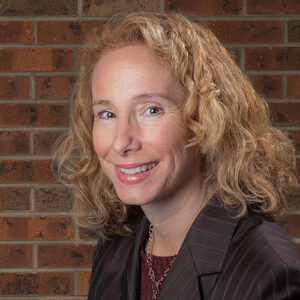Know Your Local Ordinance on Construction Defects
When state law on construction defects failed to change despite lobbying efforts, many cities enacted their own local ordinances regarding how to deal with construction defects in new housing and there are probably more to come. Currently, Arvada, Aurora, Centennial, Colorado Springs, Commerce City, Denver, Lakewood, Littleton, Lone Tree, Parker and Wheat Ridge have passed their own laws in an effort to encourage business and real estate development, especially multi-family housing. Many questions exist as to whether these laws are even valid because they appear to contradict state statutes on the same subjects and fundamental constitutional law such as due process rights of landowners, because some of the ordinances appear to give a builder a right to enter a person’s property and perform a repair the homeowner does not think will solve the problem. Each ordinance is a bit different and must be read separately and in its entirety. Homeowners, Construction Professionals and everyone involved in the real estate industry should know that these local laws exist. Whether they are enforceable remains to be seen, but it seems likely that it will come before our courts soon. It is important to protect people and what is usually their most significant investment in a home and their reasonable expectations that their home will be defect-free or that their builder will properly repair any problems within a reasonable time frame. It is also important to maintain a thriving economy that can provide lower income family housing and create jobs. The local ordinances’ varying ways to deal with this conflict create differing legal frameworks throughout Colorado that have yet to be tested.
Cindy Manzano is a shareholder at FJGG who practices real estate, association, litigation and construction law. She teaches courses to real estate brokers including a course on construction defects.


